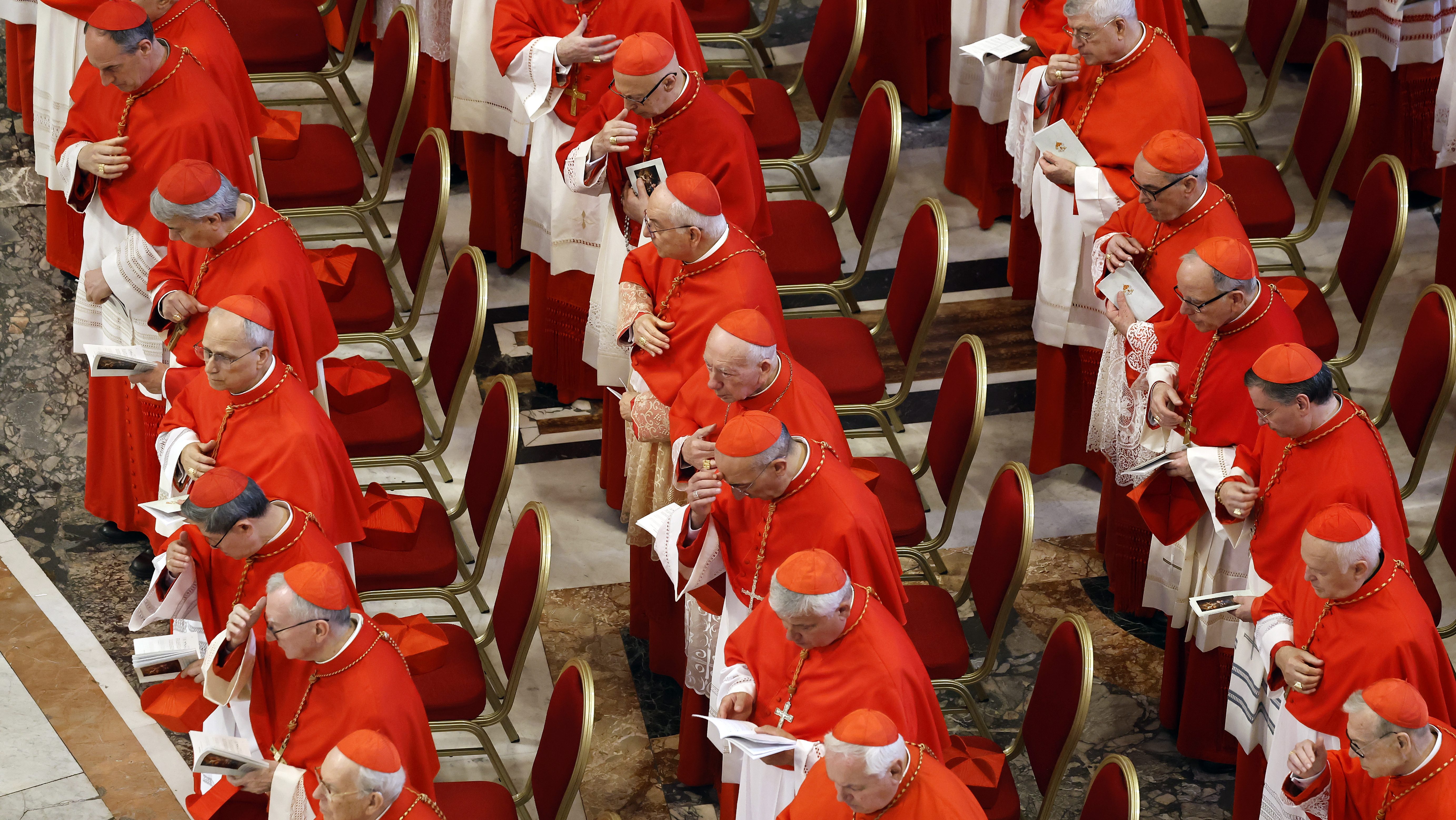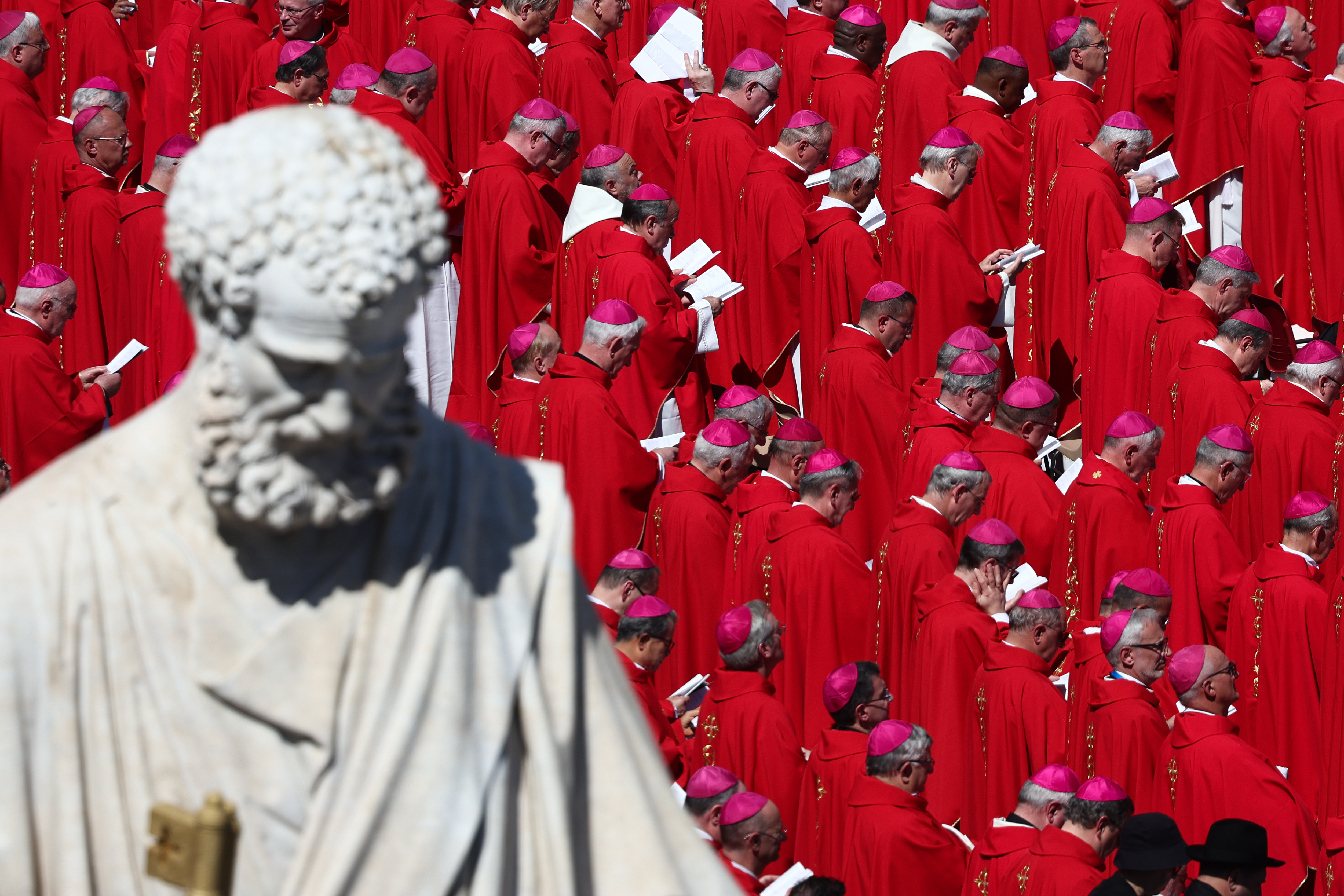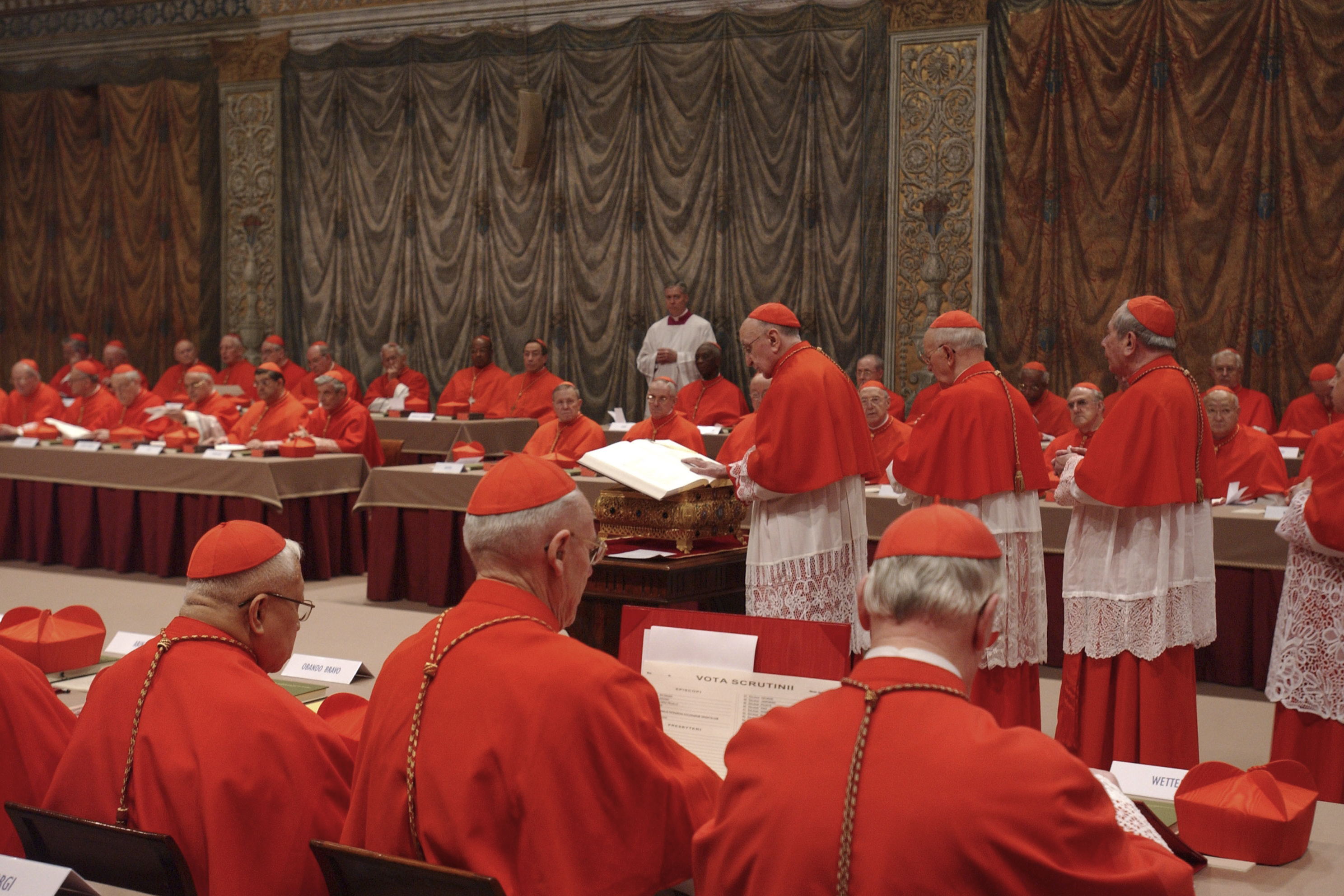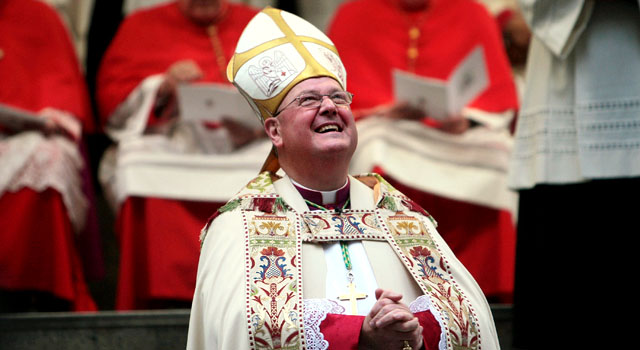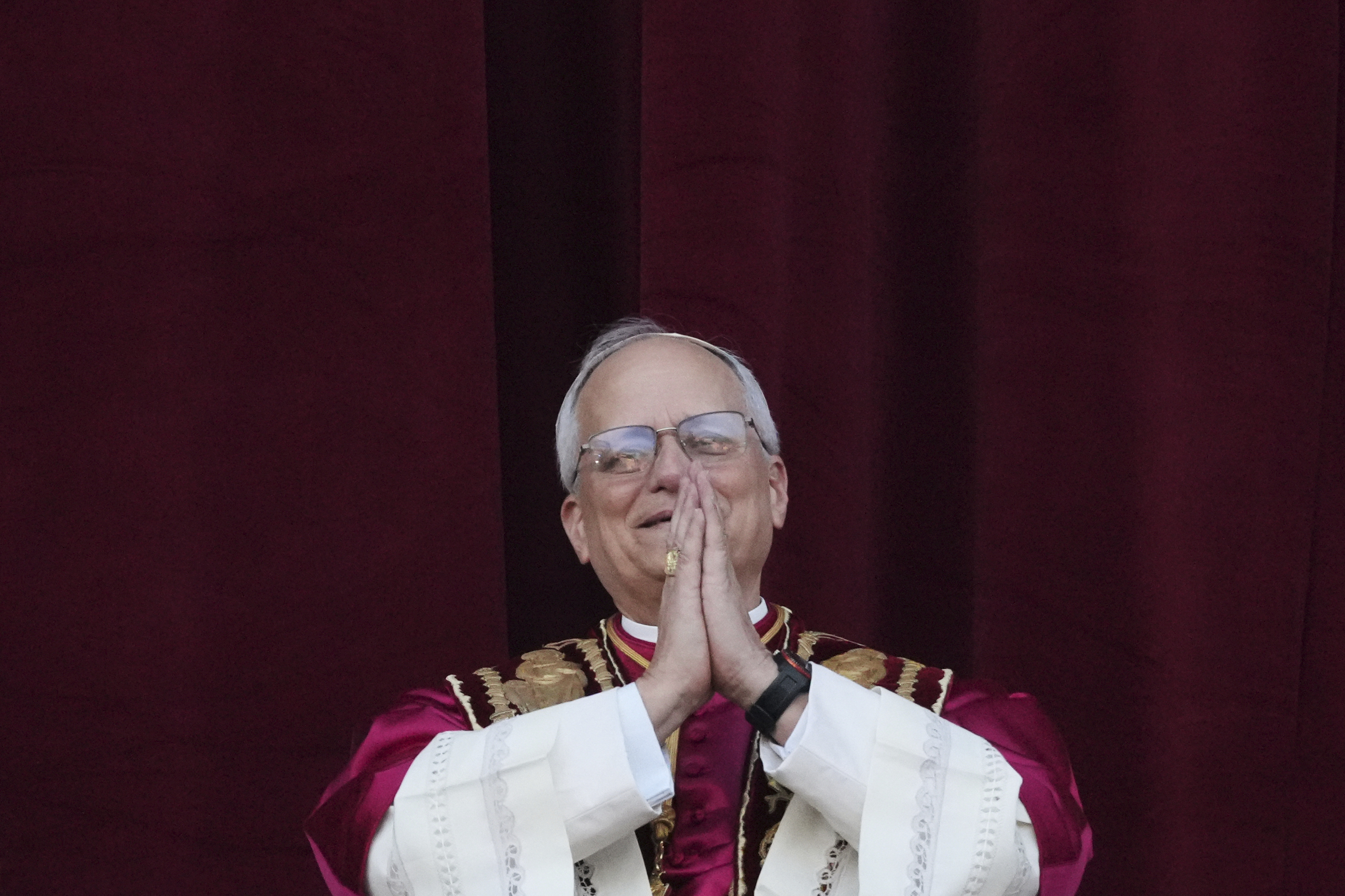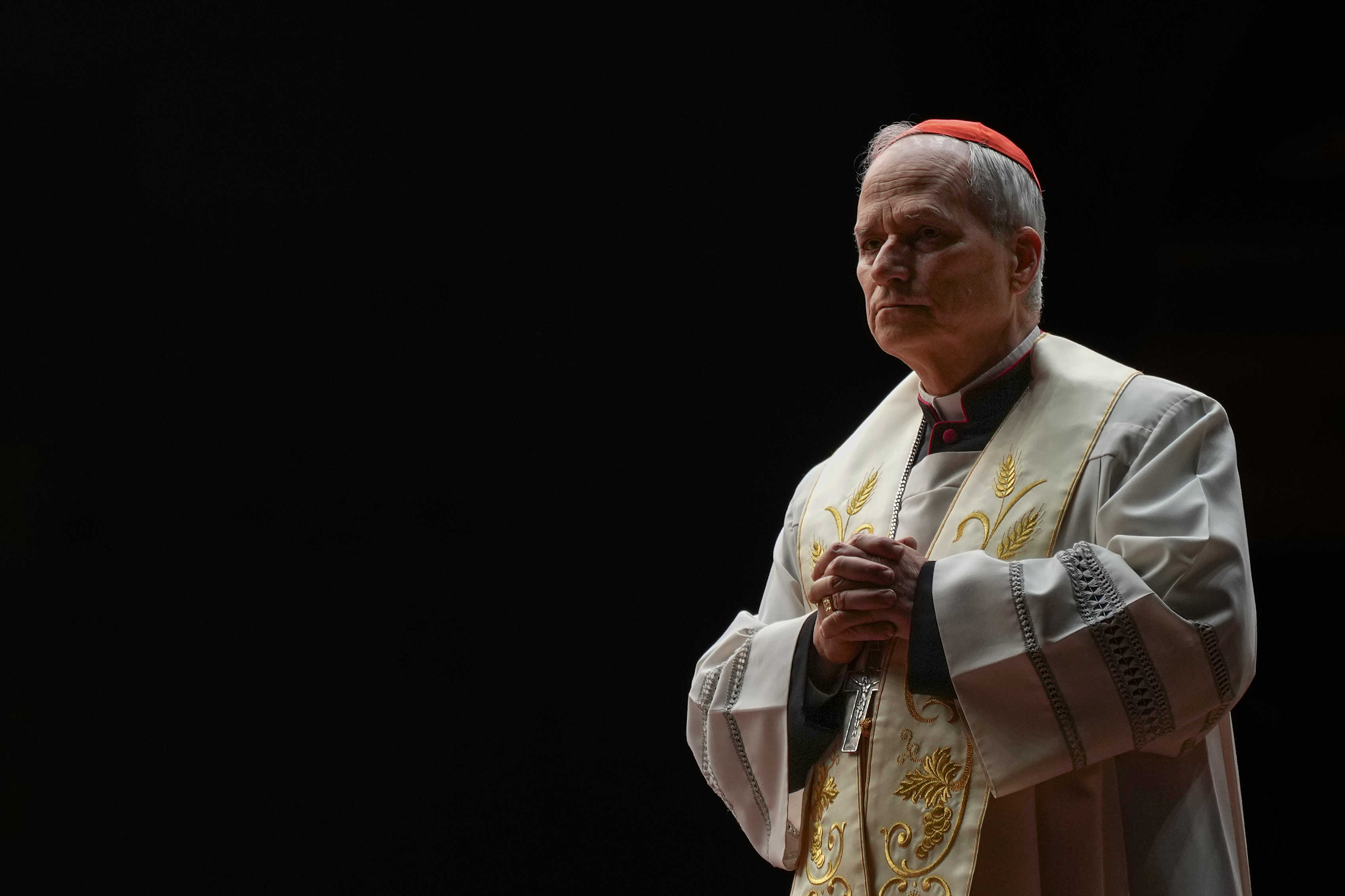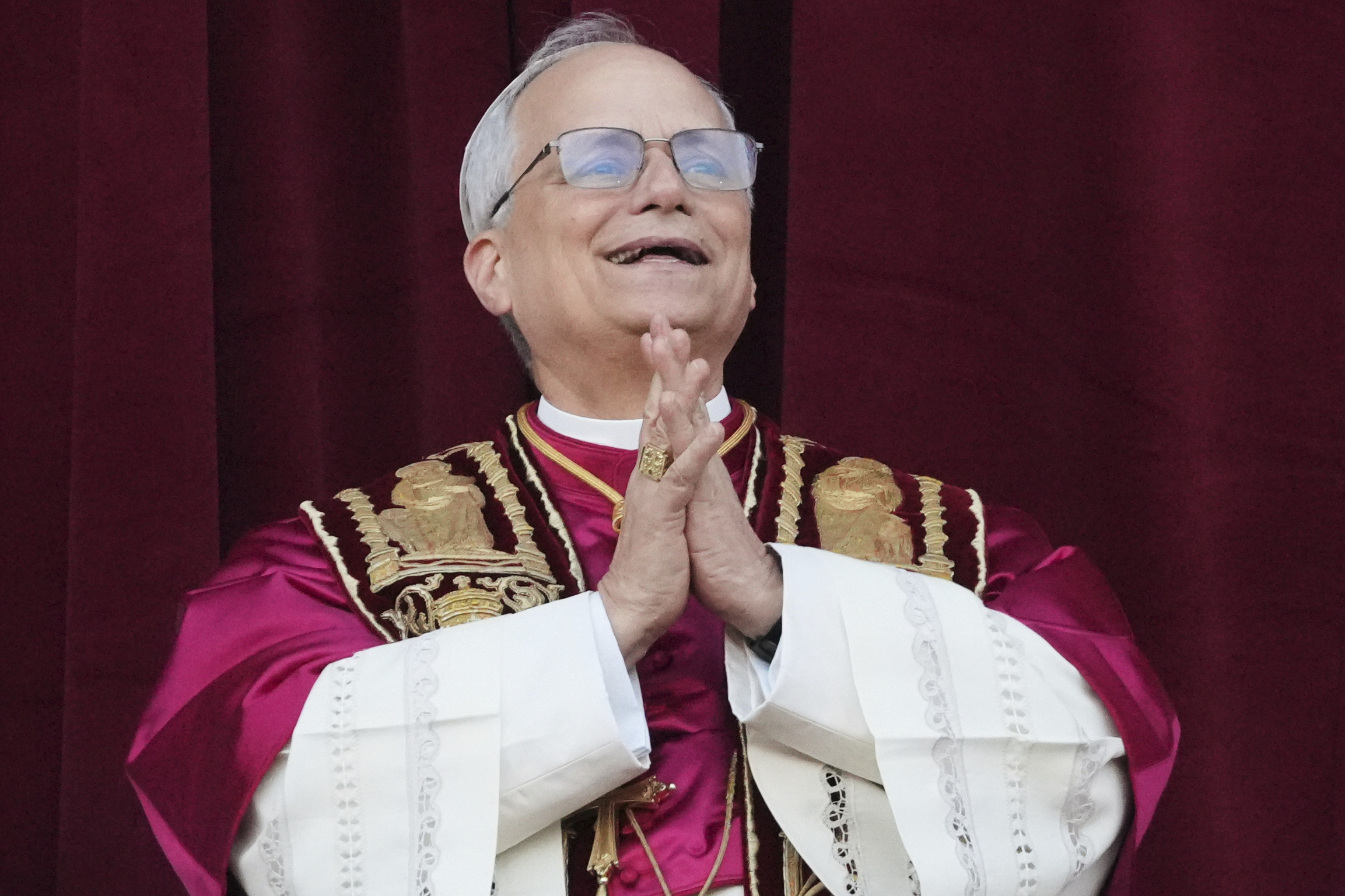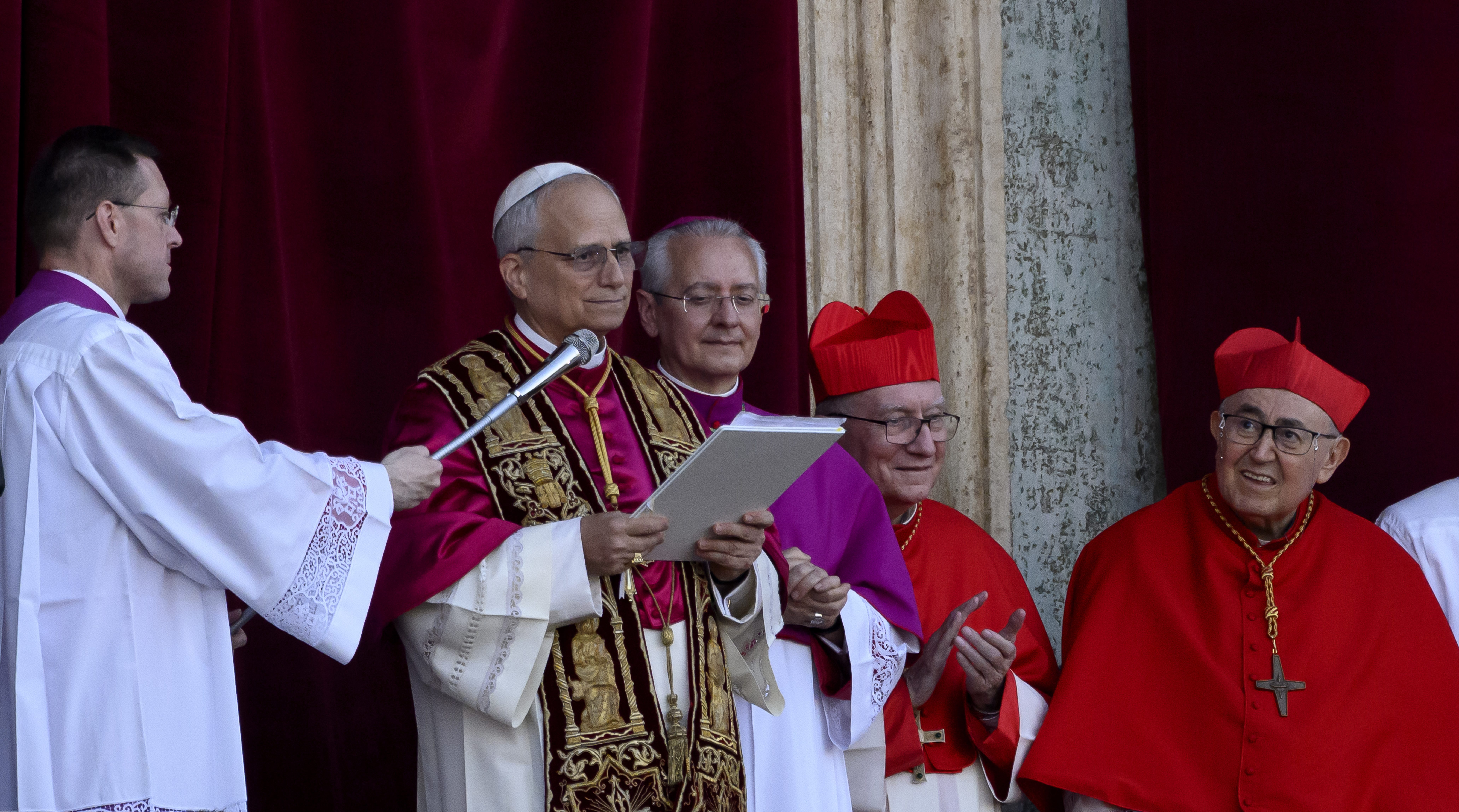Papal Conclave: Decoding the Election of a New Pope
White Smoke Rising: Decoding the Modern Papal Conclave
A Job Interview Unlike Any Other
Most internal promotions don’t exactly command global attention, do they? And let’s be honest, most job selection processes don't have centuries of history breathing down their necks. Few, if any, have their own special name – a "conclave."
But then, most job selections don't conclude with the selection of a new pope. That’s a slightly different ballgame. The stakes, you might say, are divinely high.
Catholic cardinals from across the planet are currently converging on Vatican City, preparing for the conclave to elect the successor to Pope Francis, following his recent passing. Speculation about frontrunners is rife, and the anticipation is palpable. While the duration is never guaranteed, historical trends suggest that the selection process may proceed relatively efficiently. After all, the data shows that modern conclaves tend to be shorter than those of the past.
A History Steeped in Secrecy and Seriousness
Conclaves, in their current form, first emerged as the method for electing a pope roughly eight centuries ago. Back then, these elections could stretch for months, even years! Imagine being locked in a room with a group of colleagues for that long – and you thought your last team-building exercise was tough!
Early Conclaves: Marathons of Debate and Divine Intervention
The early conclaves were often protracted affairs, characterized by intense political maneuvering, impassioned debates, and, presumably, a hefty dose of prayer. The goal, of course, was to discern God's will in the selection of the next leader of the Catholic Church. Finding that consensus could, understandably, take a considerable amount of time.
The Modern Pace: Efficiency and Expectations
Thankfully, we've come a long way since those marathon conclaves. It’s been almost two centuries since a conclave lasted longer than a week. These days, they generally wrap up within two to three days. Why the increased speed? Improved communication, clearer procedures, and perhaps a greater sense of urgency in addressing the challenges facing the Church today are all contributing factors.
The Key Players: Cardinals and Their Crucial Role
So, who are these cardinals converging on the Vatican? What makes them so special? And what exactly is their role in this elaborate process?
Who are the Cardinals?
Cardinals are senior members of the Catholic clergy, appointed by the Pope. Think of them as the Pope's most trusted advisors and senior executives. They come from all corners of the globe, representing the diversity of the Church's global reach. They are chosen for their wisdom, experience, and dedication to the faith.
The Enclave: Secrecy and Security
The term "conclave" itself comes from the Latin "cum clave," meaning "with a key." This refers to the fact that the cardinals are literally locked away – sequestered from the outside world – until they reach a decision. This enforced isolation is designed to prevent outside influence and ensure that the cardinals can deliberate freely and impartially.
The Rules of the Game: How the Conclave Works
Now, let's dive into the nitty-gritty of how the conclave actually operates. It's a process steeped in tradition and governed by a specific set of rules.
Secrecy Above All Else
The cornerstone of the conclave is absolute secrecy. Cardinals are forbidden from communicating with the outside world in any way. No phones, no internet, no leaks to the press. They take an oath of secrecy, and any violation is met with severe penalties, including excommunication. The idea is to create an environment where they can speak freely without fear of external pressure or reprisal.
The Ballot Box: Multiple Rounds of Voting
The election itself is conducted through a series of secret ballots. Each cardinal writes the name of his preferred candidate on a slip of paper. The ballots are then collected, counted, and burned. A two-thirds majority is required to elect a new Pope. If no candidate achieves this majority, the voting continues, typically with multiple rounds of voting each day.
Smoke Signals: Announcing the Outcome to the World
Perhaps the most iconic image of the conclave is the smoke rising from the Sistine Chapel chimney. Black smoke indicates that no decision has been reached. White smoke signals that a new Pope has been elected! The smoke is created by burning the ballots, with the addition of chemicals to create the desired color. It's a simple but effective way of communicating the outcome to the waiting world.
Contenders and Considerations: Who Might Be the Next Pope?
Predicting who will be the next Pope is a notoriously difficult task. While some names are often mentioned as potential frontrunners, the outcome ultimately rests with the cardinals and, according to Catholic belief, the guidance of the Holy Spirit.
The Usual Suspects: Potential Candidates
It's important to note that naming names is largely speculative. However, certain cardinals are often mentioned in the media as potential candidates, based on their experience, leadership qualities, and theological views. These candidates often hold prominent positions within the Church and are well-respected by their peers.
Beyond the Candidate: What Qualities Matter?
Beyond specific names, the cardinals will be considering a range of qualities when choosing the next Pope. They will be looking for someone who is a strong spiritual leader, a skilled administrator, and a capable communicator. They will also be considering the challenges facing the Church today, such as declining membership, social issues, and the need for greater transparency and accountability.
Challenges Facing the New Pope: Navigating a Complex World
The next Pope will inherit a Church facing a multitude of challenges. From declining attendance to navigating complex social issues, the new pontiff will have his work cut out for him.
Declining Membership: Reaching a New Generation
In many parts of the world, the Catholic Church is experiencing a decline in membership. One of the key challenges for the new Pope will be finding ways to reach out to younger generations and re-engage those who have drifted away from the Church. This may involve embracing new technologies, addressing social issues in a relevant way, and fostering a sense of community and belonging.
Social Issues: Navigating a Changing Landscape
The Church also faces complex social issues such as poverty, inequality, immigration, and climate change. The new Pope will need to provide guidance on these issues, while remaining true to the Church's teachings and values. This requires a delicate balance of compassion, wisdom, and courage.
Transparency and Accountability: Restoring Trust
In recent years, the Catholic Church has been plagued by scandals, including allegations of sexual abuse and financial mismanagement. Restoring trust in the Church will be a critical task for the new Pope. This requires greater transparency, accountability, and a commitment to justice for victims of abuse.
The World Watches: Anticipation and Expectations
As the cardinals gather in Vatican City, the world watches with anticipation and expectations. The election of a new Pope is not just a religious event; it's a global event with significant implications for millions of people around the world.
A Symbol of Hope: The Pope's Global Influence
The Pope is not only the leader of the Catholic Church; he's also a global figure who commands respect and attention on the world stage. His words and actions can have a profound impact on issues such as peace, justice, and environmental protection. The election of a new Pope is therefore a moment of hope and possibility for many people around the world.
A Moment of Transition: Change and Continuity
The election of a new Pope also marks a moment of transition for the Catholic Church. While the Church's core teachings remain constant, each Pope brings his own unique style and perspective to the papacy. The new Pope will have the opportunity to shape the future of the Church and to address the challenges facing it in a new and innovative way.
Conclusion: The Dawn of a New Papacy
As the cardinals deliberate in the Sistine Chapel, we can expect a process steeped in tradition, guided by prayer, and focused on choosing the best leader for the Catholic Church. The world eagerly awaits the white smoke that will signal the dawn of a new papacy. The selection of a new Pope is more than just a job interview; it’s a moment of profound significance for the Catholic Church and the world. This time-honored tradition brings together faith, history, and hope for the future.
Frequently Asked Questions
- How long does a conclave typically last?
Modern conclaves typically last two to three days, although there's no set time limit. The process continues until a candidate receives a two-thirds majority of the votes.
- What happens if no candidate gets a two-thirds majority?
If no candidate reaches the required majority, voting continues with multiple rounds each day. After a certain number of unsuccessful ballots, the rules allow for adjustments to the voting process to help break any deadlock.
- What role does the Holy Spirit play in the conclave?
Catholics believe that the Holy Spirit guides the cardinals in their deliberations, helping them to choose the best candidate to lead the Church. Prayer and spiritual reflection are integral to the conclave process.
- Are there any restrictions on who can be elected Pope?
Technically, any baptized male Catholic can be elected Pope. However, in practice, the cardinals almost always elect one of their own – someone with experience in Church leadership and a deep understanding of its traditions and challenges.
- What happens immediately after a new Pope is elected?
Once elected, the new Pope accepts his election and chooses his papal name. He is then vested with papal garments and presented to the world from the balcony of St. Peter's Basilica, where he gives his first blessing, "Urbi et Orbi" (to the city and to the world).
